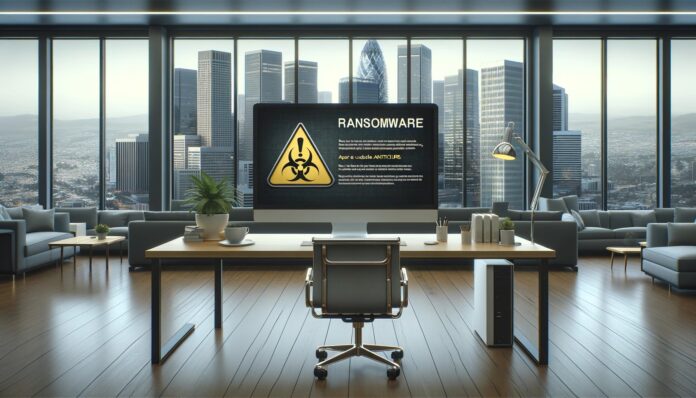
In the escalating world of cybercrime, ransomware attacks have become a pervasive threat, affecting businesses of all sizes and industries. When faced with a ransomware attack, organizations are often confronted with a critical decision: to pay the ransom or not. In many cases, negotiations with the attackers become a key strategy in determining whether to comply with their demands. But can these negotiations truly lead to a successful resolution?
Understanding Ransomware Negotiations
Ransomware is a type of malicious software that encrypts a victim’s data, rendering it inaccessible until a ransom is paid. The attackers often demand payment in cryptocurrencies, such as Bitcoin, making transactions difficult to trace. Given the severity of these attacks, some organizations consider negotiating with the cybercriminals to either reduce the ransom amount or expedite the decryption process.
Negotiations typically involve several stages:
1. Initial Contact: The victim communicates with the attackers, often through a secure communication channel provided by the attackers themselves.
2. Assessment: The victim assesses the attack’s impact and evaluates the feasibility of paying the ransom versus the cost of downtime and recovery.
3. Negotiation: Discussions ensue where the victim attempts to reduce the ransom amount or seek assurances regarding the decryption key.
4. Payment: If an agreement is reached, payment is made, and the victim receives the decryption key—hopefully.
Factors Influencing the Success of Negotiations
1. Type of Attack: The nature and complexity of the ransomware strain play a crucial role. More sophisticated attacks may involve multiple layers of encryption, making negotiations less likely to succeed.
2. Attacker’s Reputation: Some ransomware groups are known for honoring their decryption promises, while others might not. Researching the attackers’ reputation and past behavior can provide insights into the likelihood of a successful outcome.
3. Negotiation Skills: Effective negotiation requires skill and experience. Specialized negotiators or cybersecurity firms often assist victims in this process, leveraging their expertise to secure a better deal.
4. Law Enforcement Involvement: Engaging with law enforcement can add pressure on the attackers, though it can also lead to complications in negotiations. Authorities might advise against paying or negotiating in order to avoid funding criminal enterprises.
5. Company’s Leverage: The victim’s position in the negotiation depends on factors such as the amount of data encrypted, the urgency of recovery, and the overall impact on operations.
Potential Outcomes of Negotiations
• Successful Decryption: In some cases, victims manage to secure a reduced ransom and receive a working decryption key, allowing them to restore their data and resume normal operations.
• Partial Success: Negotiations may lead to a partial reduction in ransom or a delay in payment, but the attackers might still demand a high price or fail to deliver a fully functional decryption key.
• Failure: Negotiations might collapse if attackers refuse to lower the ransom or if the decryption key provided does not work, leaving the victim in a worse position than before.
Risks and Considerations
1. Funding Criminal Activity: Paying the ransom fuels further criminal activities and may incentivize attackers to target other victims.
2. No Guarantee of Recovery: Even if a ransom is paid, there’s no guarantee that the attackers will provide a decryption key or that it will work as promised.
3. Legal and Ethical Issues: Some jurisdictions have regulations against paying ransoms, and organizations might face legal consequences or reputational damage as a result.
Conclusion
Negotiating with ransomware attackers can sometimes yield positive results, but it comes with significant risks and uncertainties. Organizations must carefully weigh the potential benefits against the risks of funding criminal activity and the possibility of incomplete recovery. Engaging with cybersecurity experts and law enforcement can provide valuable support in making these critical decisions. Ultimately, the best defense against ransomware is a robust cybersecurity strategy that includes preventive measures, regular backups, and employee training to minimize the likelihood of an attack.
Ad
